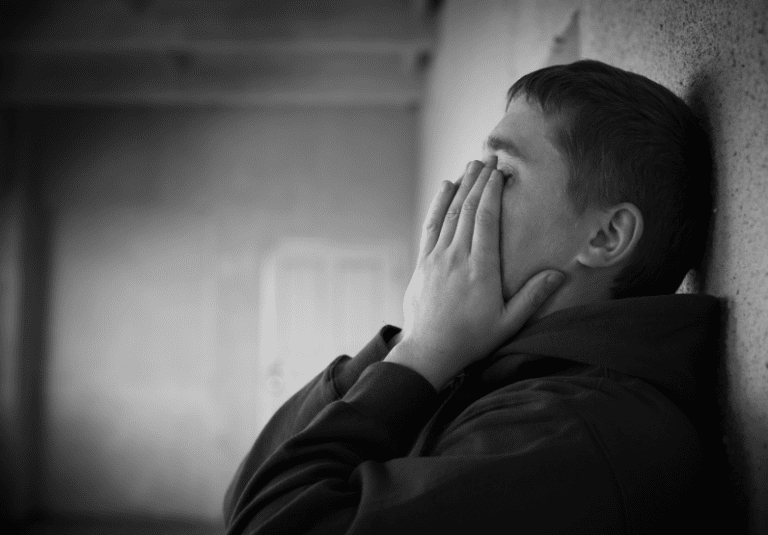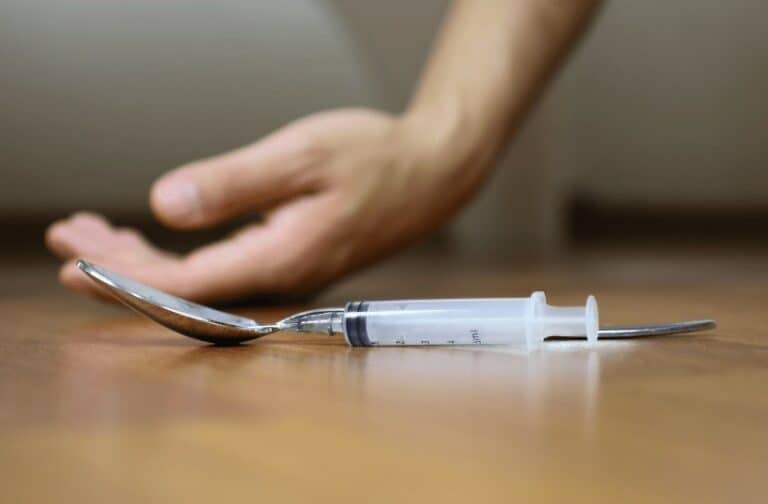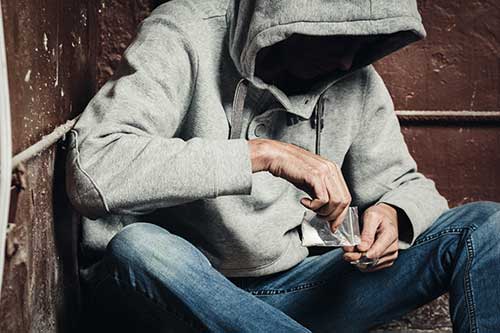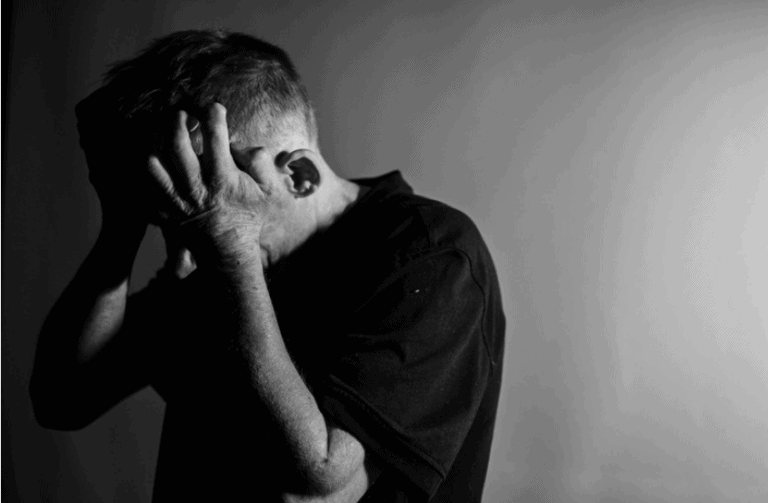Unfortunately, many musicians have been a victim of overdose fatality throughout history. An overdose occurs when someone takes too high a dose or combines too many drugs at once, overpowering their system. Overdose isn’t always fatal but can be without immediate medical treatment. Overdose may be accidental or deliberate.
Oftentimes people overdose to kill themselves, other times, they don’t realize how many drugs they’ve consumed. Overdose may also occur when using dangerous street drugs. If a drug user is unsure of what they’re taking, overdose is more common. For example, many overdoses occur when addicts use drugs that they don’t know are laced with fentanyl, a highly potent opioid.
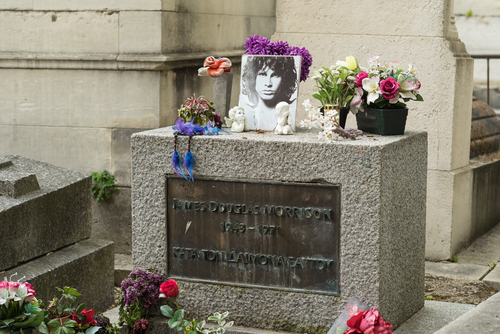
What is the “27 Club”?
The 27 Club was coined after Brian Jones (The Rolling Stones), Jimi Hendrix, Janis Joplin, and Jim Morrison (The Doors) all died of overdose between 1969 and 1971. They were also all 27 years old when they died. This seemed eerie but their ages were truly a coincidence. However, it wasn’t a coincidence that the cause of death was an overdose. In the late 60s and early 70s, lots of people were using drugs, especially celebrities and musicians.
However, the 27 club isn’t directly associated with overdosing but instead refers to celebrities and musicians (especially in the rock and roll genre) that died at 27. There are over 20 rock and roll stars who have died at 27. Some of which died of other causes. For example, Robert Johnson died after taking a sip from an open bottle of whiskey he was offered. It was later determined that he had been poisoned.
The term “27 Club” grew in popularity when Kurt Cobain joined it in 1994. However, while Kurt Cobain was known for having a drug problem, evidence showed that he killed himself with self-inflicted violence. He was losing his home as a part of a legal battle, and some believe that he killed himself inside his home to prove that they couldn’t take it away from him.
Amy Winehouse joined the 27 Club in 2011 from a drug and alcohol overdose in her own home. Her death sparked the resurgence of the term, and people took this time to reflect on many other musicians lost to this club.
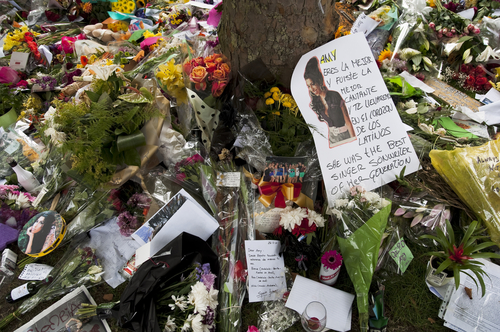
Why do so Many Musicians Use Drugs?
Drug and alcohol abuse, unfortunately, is quite popular amongst celebrities and musicians for a variety of reasons. Regular, non-famous people often start using drugs because of mental health problems, genetic predisposition, experienced trauma, or peer pressure. While we may not see musicians on the same playing field as us, they use drugs for the same reasons. We often don’t see these sides of them, as actors and musicians tend to keep their battle with addiction secret until it’s forced into the public eye because of admittance to rehab or overdose.
- Public Image – There’s a lot of pressure put on celebrities and musicians to maintain their public image. This stress can get to people, and often did. In cases like Amy Winehouse and Jim Morrison, representatives say that they often struggled with their careers and image. Amy Winehouse was said to hate her career and the public spotlight that was put on her.
- Social Settings – The environment also plays a large factor in whether or not someone develops a drug addiction. The fact of the matter is the environment that many musicians put themselves in can be rough. Because musicians play at night in bars and clubs, they’re often surrounded by people who are drunk or high, encouraging them to take part in this behavior themselves.
- Access – Wealth, fame, and social image also promote drug use among musicians. Drugs are expensive, and musicians make more than enough to support their addictions long term. They often spend more on high-quality drugs, which they may assume makes them impervious to overdose. Drug dealers often prefer to promote these wealthy clients, as they make more money by selling to the rich than they do to the homeless or middle class.
- Peer Pressure – And finally, peer pressure plays a huge role in drug addiction amongst musicians, just like it does in regular social circles. Amongst musicians and celebrities, drugs are often seen as “cool”, and because everyone does them, those who don’t might feel left out. Making connections in the music industry is also difficult, but made much easier when you have something in common, even if it’s drug use.

What Types of Drugs Cause Overdose Fatality More Frequently?
An overdose occurs when almost any drug is used in high doses, or when drugs are mixed together. For example, opioids like heroin and fentanyl are often associated with overdose, just like Xanax and alcohol are when mixed together. The truth of the matter is, if you’re using any drug frequently and at a high dosage, you’re putting yourself at risk for overdose whenever you use it. The best way to avoid an overdose is to seek treatment, like checking into a rehabilitation center.
Drugs often associated with accidental overdose include:
- Fentanyl
- Heroin
- Cocaine
Drugs often associated with suicide by drug overdose include:
- Oxycodone
- Diphenhydramine
- Hydrocodone
- Alprazolam
Avoid Joining the “27 Club”, Seek Treatment Today
The 27 Club isn’t something that should be romanticized by drug users. While musicians and celebrities may make drug use seem cool, there are many working in the industry attempting to shut down this stereotype. Many musicians are working to speak out about their own struggles in order to help those who might be going through the same thing.
Avoid an overdose fatality and keep your name out of the 27 Club by seeking treatment as soon as possible. There are many different options for treatment, including inpatient and outpatient treatment programs. Here at Asheville Recovery Center, we’ll work hard to help you get clean. However, change starts with you. Admitting you have a drug problem is the first step on a long road to recovery, but we’re here to support you through it.
To learn more about how we can help you get and stay sober, call us today. We’re eager to answer any questions you may have.

